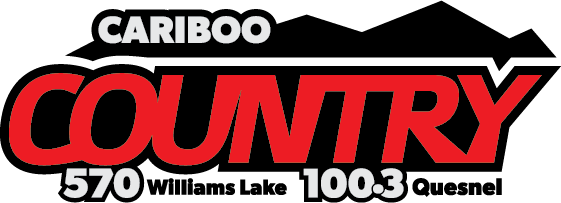The province is moving forward with a new policy on prescribing a safer drug supply.
The change to the prescriber model is being made due to the requirements of the federal Controlled Drugs and Substances Act.
It follows consultation with clinicians, people with lived experience, Indigenous partners, health authorities and health system partners, and Regulatory Colleges and professional associations.
“Our government is delivering new and innovative solutions that work together that help people stay safe and access supports they need to feel safe. That’s why today (Thursday) we’re expanding safe supply in BC to separate people who use drugs from the increasingly toxic illicit drug supply,” said Sheila Malcolmson, Minister of Mental Health and Addictions.
She adds this builds on the work that’s been done over the past year, which includes providing access to some prescribed safer drugs to separate those using drugs from the toxic drug supply on the streets.
The province has had experience with other similar initiatives in BC, and this policy is an evolution and one of its key inputs is some of the lessons learned from the risk mitigation guidance (RMG) that was released last year.
Guidance from the RMG showed demand for higher potency opioids that better meet people’s needs and a government policy to support this approach beyond the context of
COVID-19 with built-in evaluation and monitoring, and investments in service delivery.
The policy will utilize $22.6 million over the next three years from the 2021 budget and will be available through health authority clinical program settings.
“These funds will support planning, phase implementation, monitoring, and evaluation of prescribed safer supply products. This means once fully implemented, more people who use illicit drugs can be prescribed a broader range of safer alternatives covered by Pharmacare, including a range of opioids and stimulants as determined by each program and prescriber,” added Malcomson.
BC is the first province in Canada to offer prescribed safe supply, according to Malcomson, and the decision to ignite this policy was due to the urgent demand for it created by the pandemic.
The policy and funding being announced are meant to enable all five regional health authorities in BC to either establish new programs or to expand existing programs that can offer prescribed safer supply.
Programs will provide safeguards that enhance connections to health and social supports, and work to reduce overdose deaths through the provision of pharmaceutical-grade alternatives to highly toxic illicit drugs without the expectation for people to enter treatment.
The programs will also provide client-centered harm reduction services, and services within the programs can offer multidisciplinary outreach teams lead by experienced nurses who can help reach isolated individuals.
It will also provide access to higher potency opioids that better meet people’s needs, so there’s a provision in the risk mitigation guidance for prescribing of oral opioids like Hydromorphone, but for many individuals who are used to very potent and toxic Fentanyl supply, those medications don’t necessarily meet their needs.
The following are the key policy components of the Prescribed Safer Supply policy:
- Eligibility criteria focus on separating people from the toxic drug supply
- Health authorities will support the uptake of this policy through the development of clinical settings that can provide prescribed safer supply.
- Programs and services must be supported by medication protocols.
- Clients will not be required to engage in Opioid Agonist Treatment (OAT) or other treatment modalities.
- Prescribed safer supply and the pharmacy services related to providing these prescription drugs will be covered through Pharmacare.
- Services should be delivered in the context of the guiding principles and service delivery attributes identified in this policy.
- Prescribers and programs must become part of the provincial evaluation.
The government is planning on introducing several Fentanyl products, including Fentora, which is a Fentanyl tablet and injectable Hydromorphone as well as Hydromorphone in a tablet form.
Fentanyl patches are also included, which are already being prescribed in BC as part of harm reduction efforts as the policy builds on the insights that have been gained clinically through that work.
Other medications may be included in individual programs, but that will be at the discretion of clinicians in discussion with their patients seeking harm reduction services.
For the initial implementation, the government is focusing on opioids although there is approval for stimulants in this policy, and the government will be turning attention to stimulants once the initial phases of the policy are complete.
These changes come as BC is now in the 6th year of the overdose crisis, as there have already been 851 drug toxicity deaths in the province this year, while that mark was at 569 at this time last year.
Additionally, illicit Fentanyl toxicity continues to rise, as it has replaced almost all other opioids on the street supply causing many people to seek drugs to avoid withdrawal symptoms.
“This expanded access means people who use drugs in all settings will have access to an alternative to the toxic street drug supply. There is no single measure that is going to get us out of the toxic drug crisis, but this is one more step in the right direction, ” said Provincial Health Officer, Dr.Bonnie Henry.
Something going on in the Cariboo you think people should know about?
Send us a news tip by emailing [email protected].









